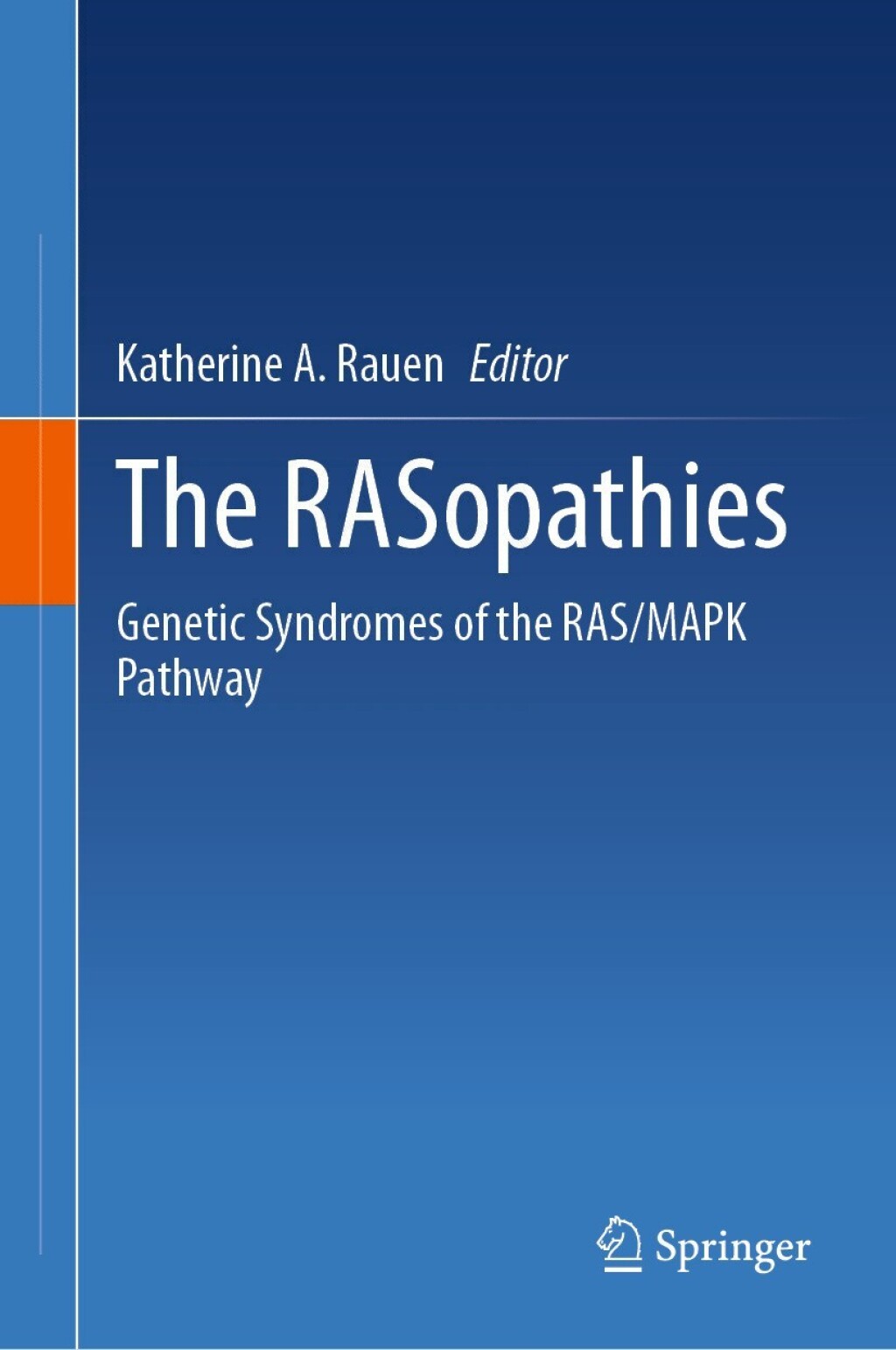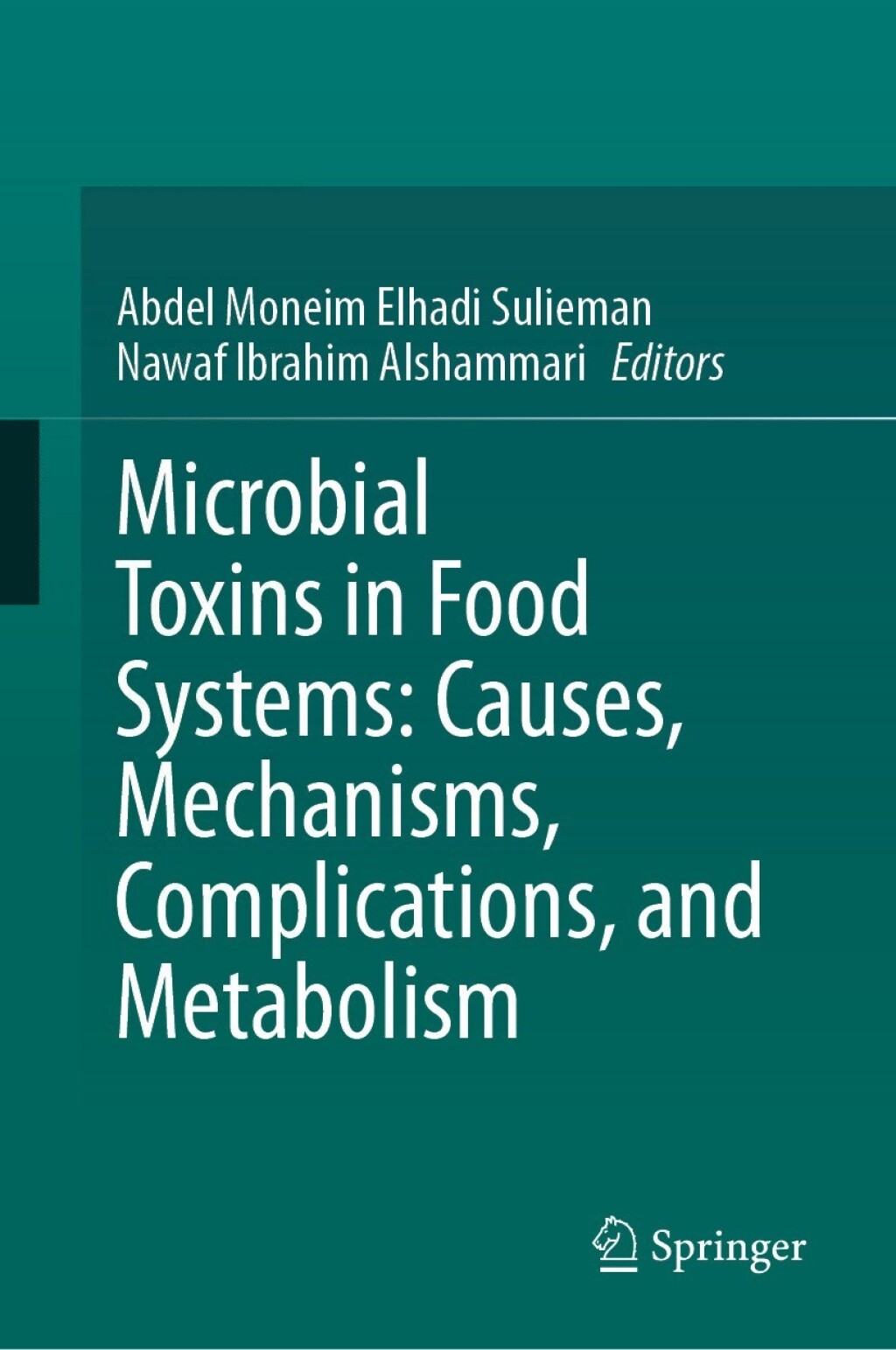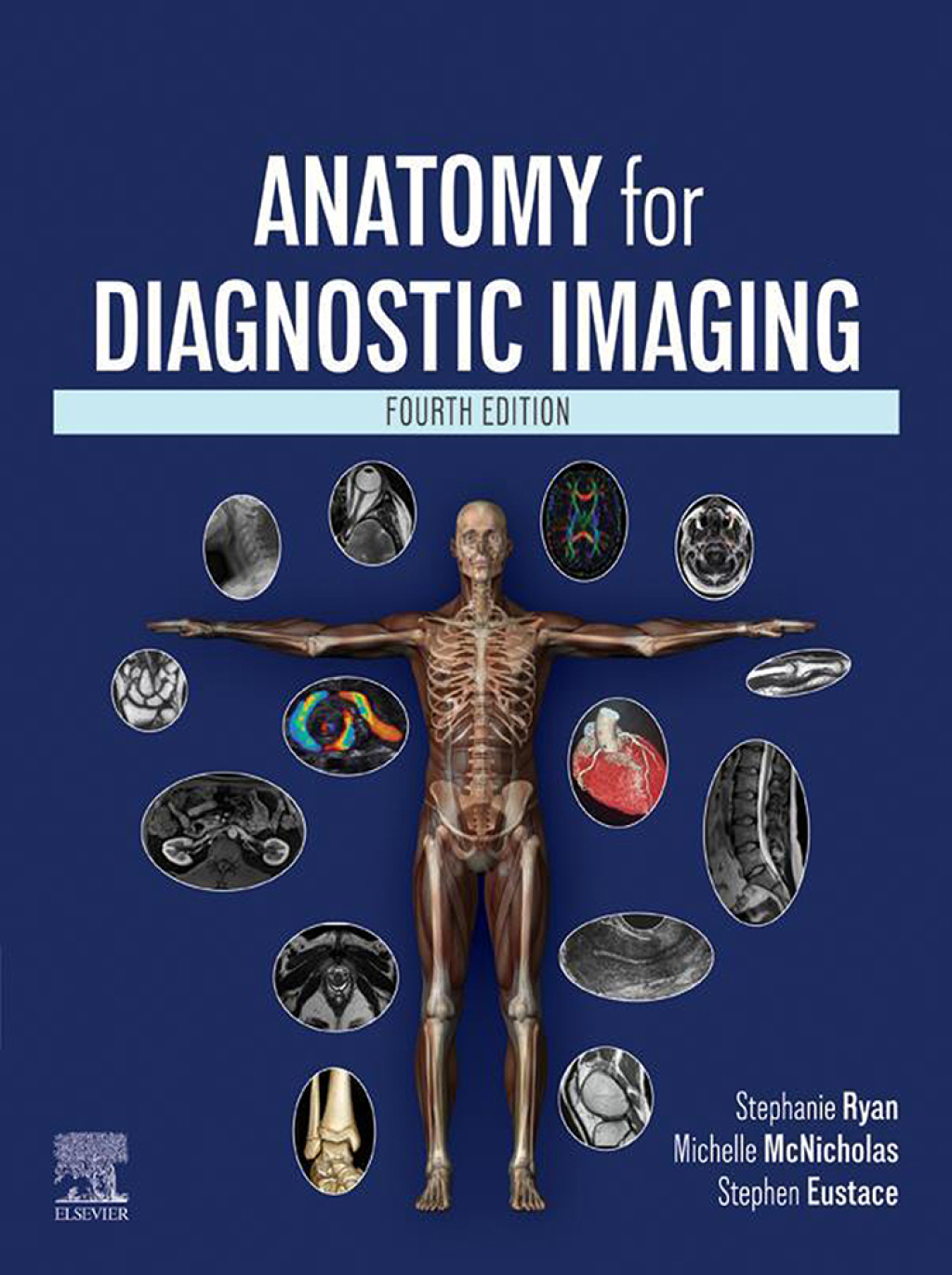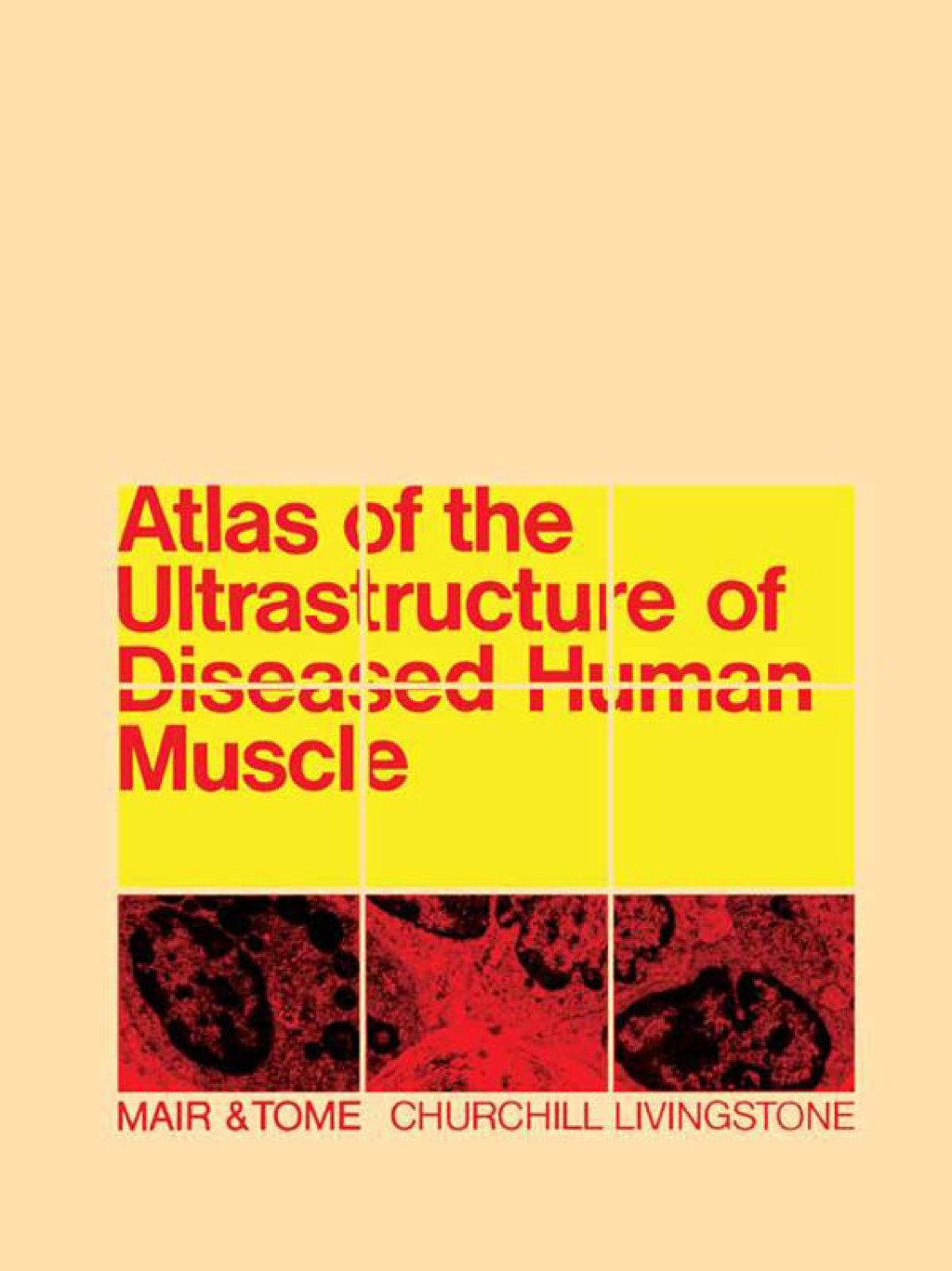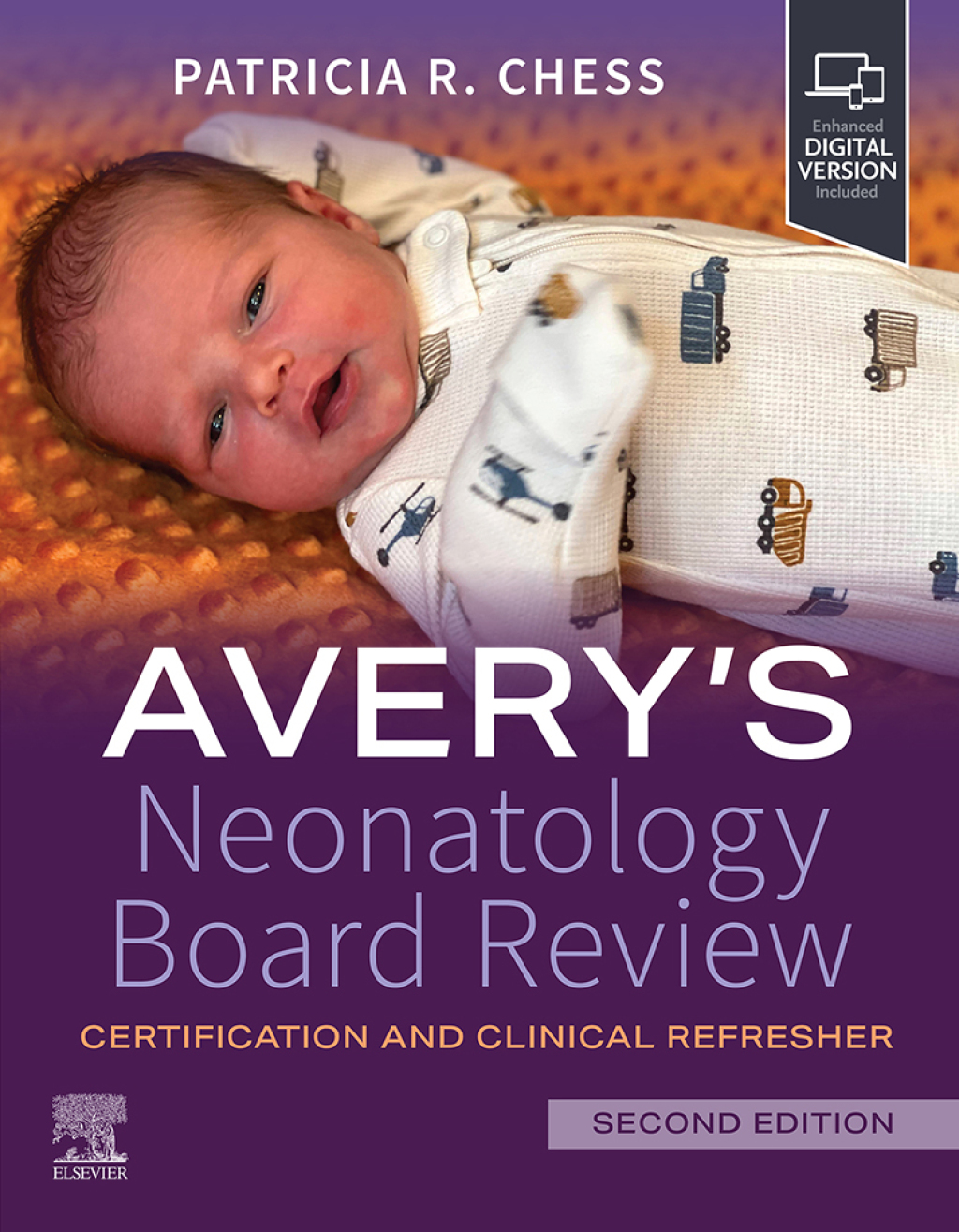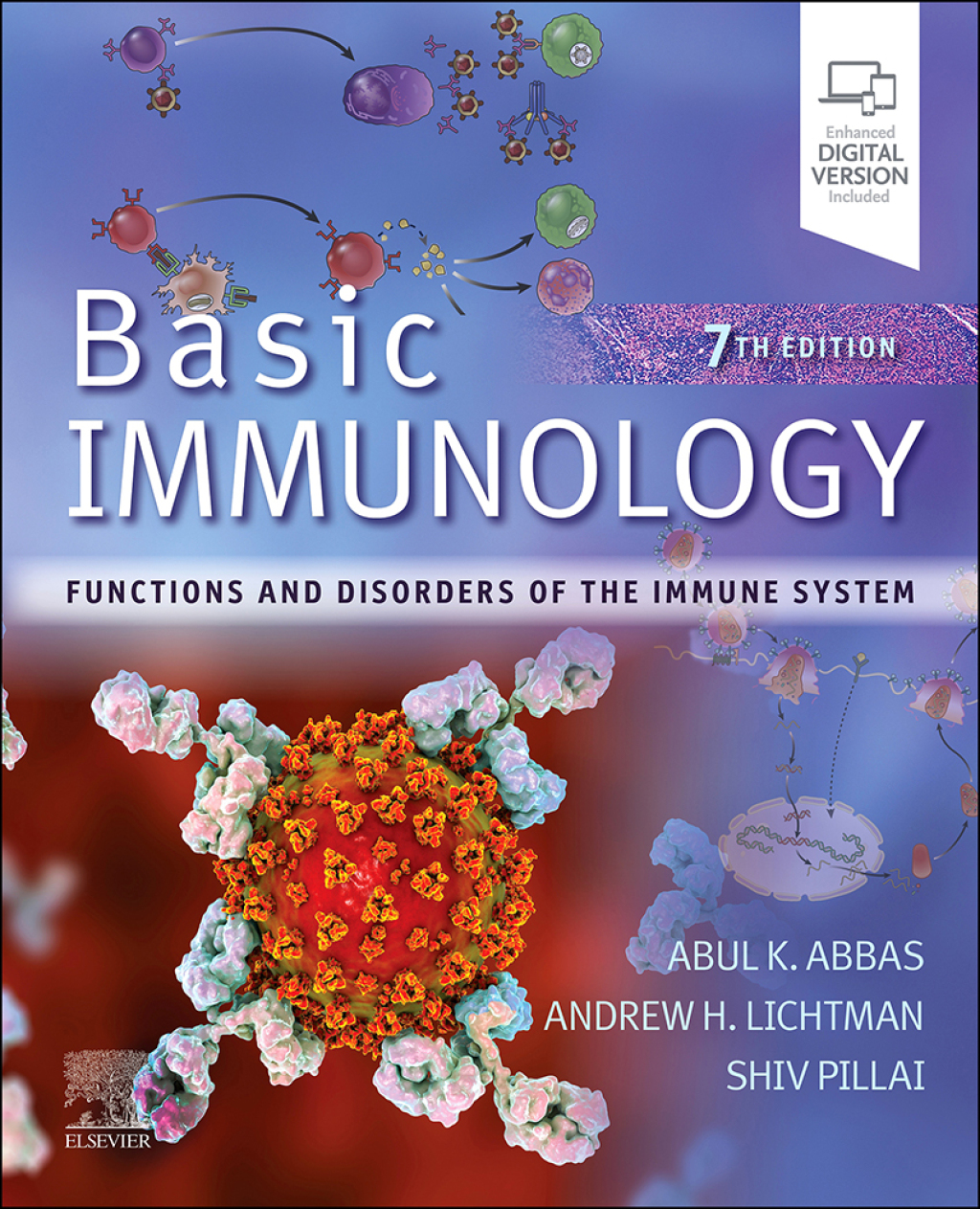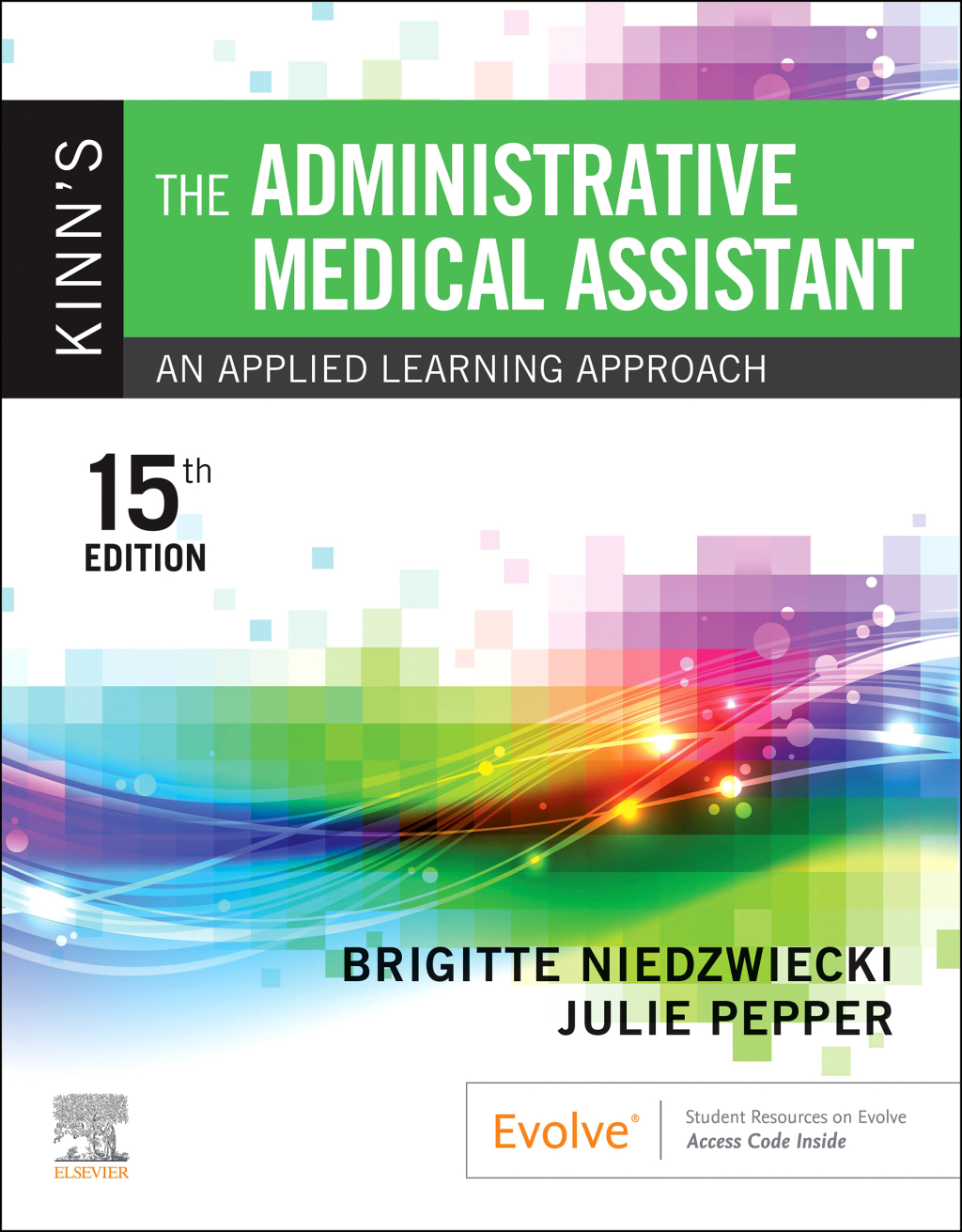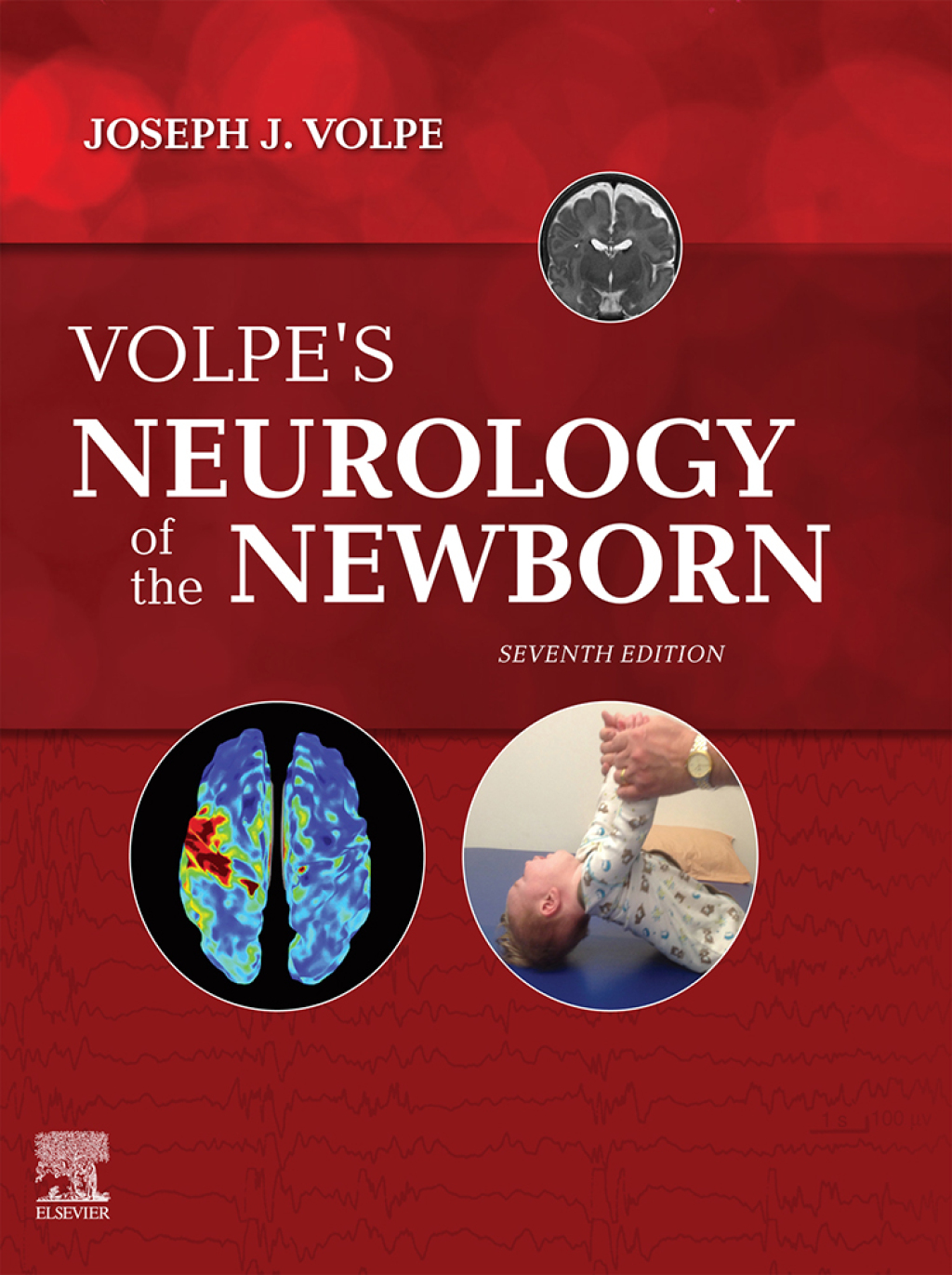Microbial Toxins in Food Systems: Causes, Mechanisms, Complications, and Metabolism
Author(s):
Publisher: Springer
ISBN: 9783031628382
Edition:
$39,99
Delivery: This can be downloaded Immediately after purchasing.
Version: Only PDF Version.
Compatible Devices: Can be read on any device (Kindle, NOOK, Android/IOS devices, Windows, MAC)
Quality: High Quality. No missing contents. Printable
Recommended Software: Check here
Important: No Access Code
Description
When our food items become contaminated with pathogenic microorganisms, these microorganisms secrete microbial toxins which promote infection by attacking the host tissue’s immune system, thereby leading to foodborne intoxication, or poisoning, in consumers. Because these toxic microorganisms are not typically identifiable by taste, smell or sight, it is crucial to the safety of our food systems that they be detected through microbial testing. As the title suggests, Microbial Toxins: Causes, Mechanisms, Complications and Metabolism is a comprehensive overview of the life of these toxins from their pathogenesis through to their implications for human and environmental health. Including examples of salmonella, botulism, listeria and more, as well as various mycotoxins, this text will appeal to both microbiology researchers as well as food industry professionals. Beyond foodborne illness, this text also unpacks environmental toxicology and the role of microbial toxins in the development of novel anti-cancer drugs. Emerging techniques in the detection of microbial toxins will be discussed, setting this text apart from existing books on the subject. The use of proteomics in toxin identification, for example, allows for the determination of metabolic pathways and biomarkers of pathogenicity and resistance of biotoxins. This text furthers the study of foodborne hazards and has important implications for the improvement of safety in the food industry.


